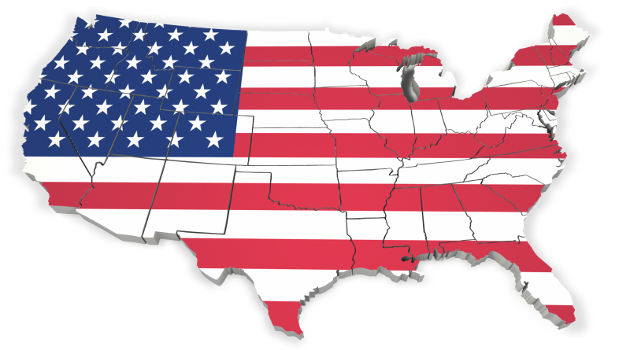
by Dan Mitchell | Dec 18, 2020 | Blogs, Economics
According to the Fraser Institute’s Economic Freedom of North America, the most economically free jurisdiction in North America used to be the Canadian province of Alberta. But Alberta then slipped and New Hampshire claimed the top position. And, according to the...

by Dan Mitchell | Aug 7, 2020 | Blogs, Economics, Tax Competition, Taxation
Largely because of my support for jurisdictional competition, I’m a big fan of federalism. Simply stated, our liberties are better protected when there’s decentralization since politicians are less like to over-tax and over-spend when they know potential victims of...

by Dan Mitchell | Jul 28, 2020 | Big Government, Blogs, Government Spending
Back in 2011, CF&P released this video citing four nations – Canada, Ireland, Slovakia, and New Zealand – that achieved very good results with multi-year periods of genuine spending restraint. Today, let’s focus on what’s been happening with government spending in...

by Dan Mitchell | Jan 7, 2020 | Blogs, Uncategorized
My favorite publication from the Canada-based Fraser Institute is Economic Freedom of the World, which ranks nations based on economic liberty. I religiously write about each year’s report (starting back in 2011), and I also cite the data dozens of time each year when...

by Dan Mitchell | Dec 16, 2019 | Blogs, Trade
One of my big 2018 worries was that Trump would wreck NAFTA. We dodged that bullet, but my two cents is that the new deal is underwhelming. The bottom line is that his revisions to the pact – which is now called USMCA – create some new barriers to trade. But there...





